Description
Cow in the pasture by François Ryckhals printed on a T-Shirt
About the T-Shirt
Regular fit
Standard length, the fabric easily gives into movement
Casual wear
A classic, everyday option loved by our customers
Side-seamed
Constructed by sewing two parts together, creating a fitted look
The Unisex Staple T-Shirt feels soft and light with just the right amount of stretch. It’s comfortable and flattering for all. We can’t compliment this shirt enough–it’s one of our crowd favorites, and it’s sure to be your next favorite too!
- Solid colors are 100% Airlume combed and ring-spun cotton
- Ash color is 99% combed and ring-spun cotton, 1% polyester
- Heather colors are 52% combed and ring-spun cotton, 48% polyester
- Athletic and Black Heather are 90% combed and ring-spun cotton, 10% polyester
- Heather Prism colors are 99% combed and ring-spun cotton, 1% polyester
- Fabric weight: 4.2 oz./yd.² (142 g/m²)
- Pre-shrunk fabric
- 30 singles
- Side-seamed construction
- Tear-away label
- Shoulder-to-shoulder taping
- Blank product sourced from Nicaragua, Mexico, Honduras, or the US
François Ryckhals (1609-1647)
Frans Rijckhals, or François Ryckhals was a Dutch painter and designer. His works combine genre scenes with still-lifes.
He was probably a pupil of Pieter de Bloot. After working in his hometown, he went to Dordrecht from 1633 to 1634. He returned to Middelburg in 1638 and lived there until his death. In 1640, he and David Teniers the Younger worked together on a painting in Antwerp.
In 1642, he married the Burgomasters daughter and moved into their home, which is now a museum dedicated to him.
He was primarily known for his paintings of rural life, but also produced Italian-style landscapes and religious works. At the beginning of his career, he also painted animals. A large number of his works in Berlin, Saint Petersburg and Budapest were destroyed during World War II. Only twenty of his works are known to exist. These may seen at (among others) the Musée des Beaux-Arts de Dunkerque [fr], the National Museum, Warsaw and the Musée Fabre in Montpellier.
He was a follower of Willem Buytewech and Aelbert Cuyp and was influenced by Adriaen van de Venne. In turn, he influenced Philips Angel I. Some of his still-lifes were attributed to Frans Hals the Younger, due to a mistaken interpretation of his convoluted monogram. In fact, no works by Hals have been identified with any certainty.
Among his pupils were Laurens Bernards (c.1630-1676) and, possibly, Willem Kalf.

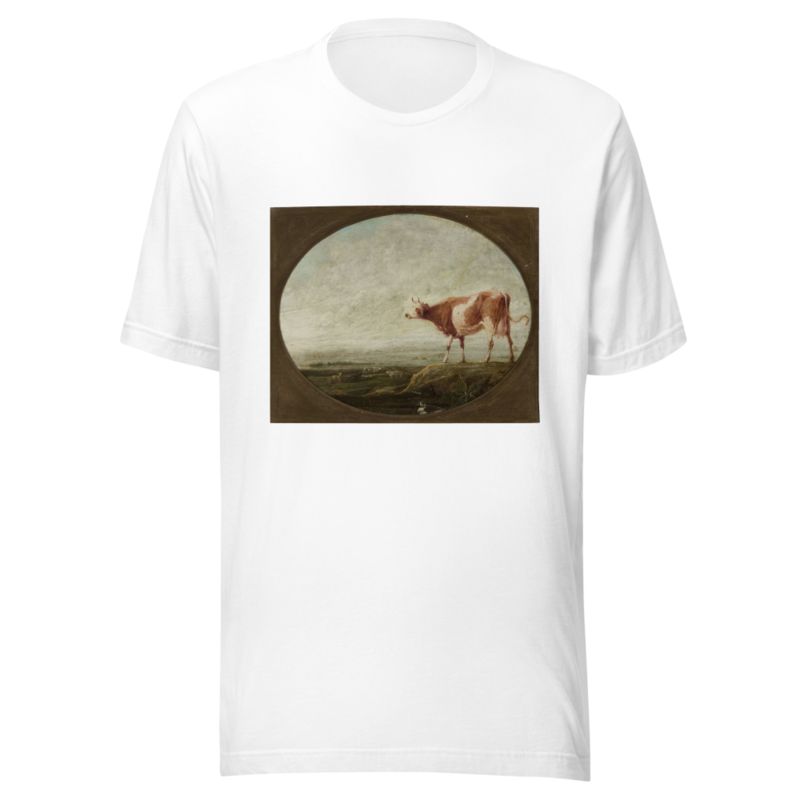
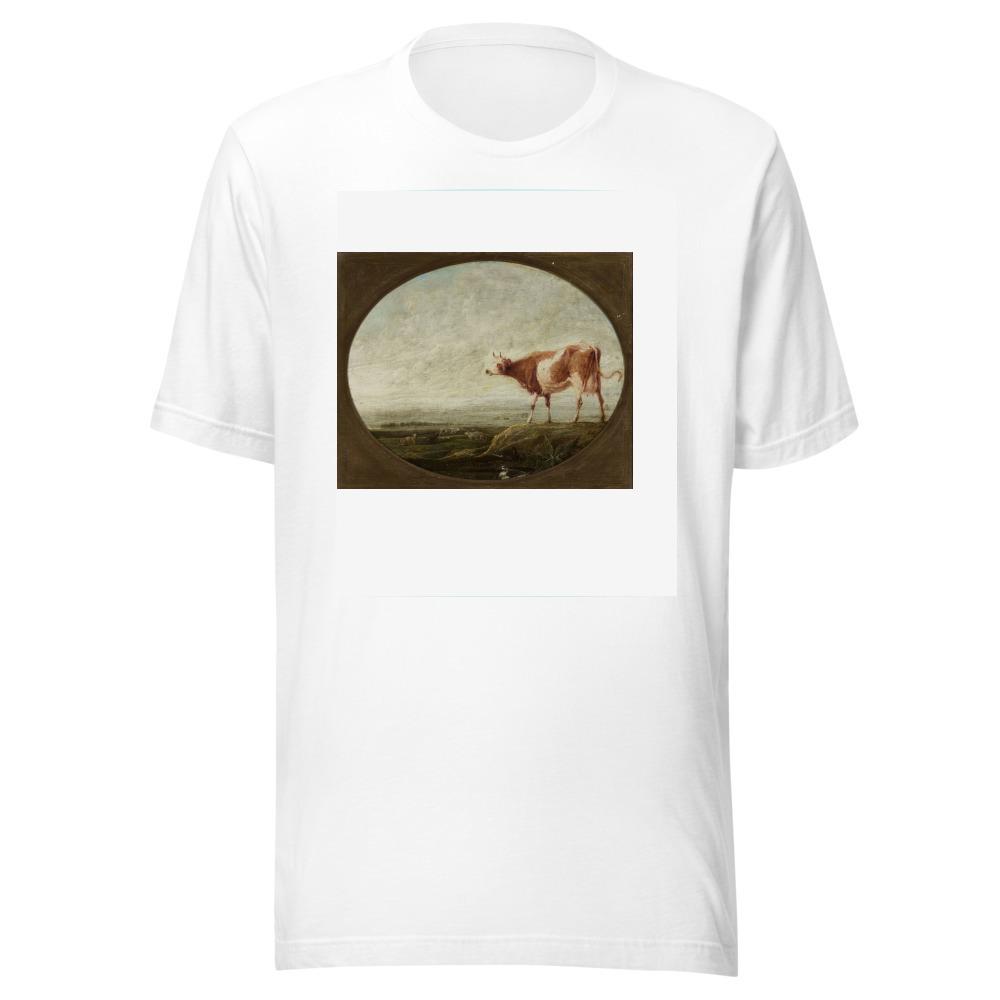
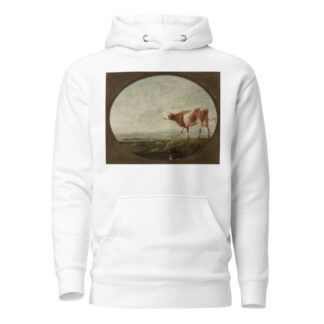
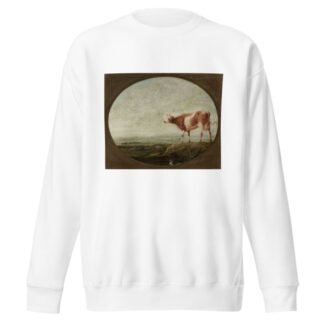
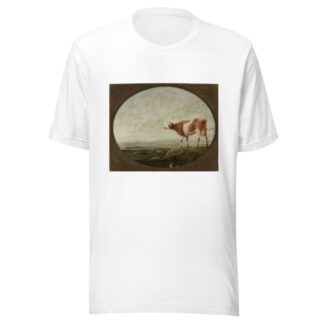
Reviews
There are no reviews yet.